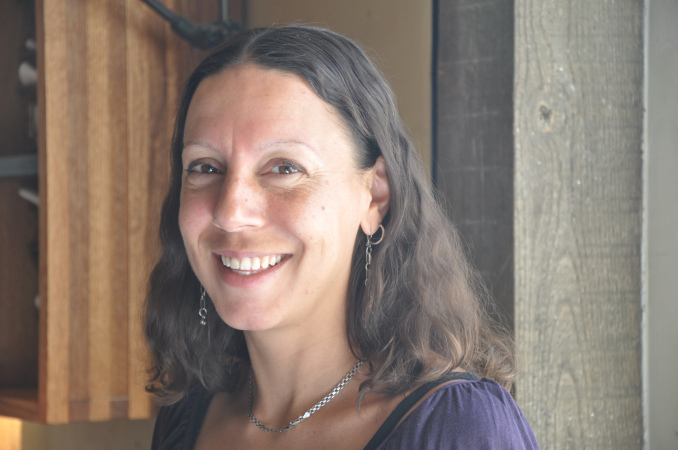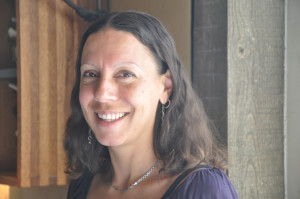Healthstyles Special Feb 8th “PRISON”
Healthstyles
Special Membership Drive Program
Wednesday, February 8th 10 AM to 12:00 PM
99.5 FM Pacifica Radio
The show is streamed live or can be listened after it airs on the site in archives.
Please call and pledge your support during our show at 212.209.2950
or
you can donate online now through the end of the Winter Membership Drive and indicate it is for Healthstyles here. Your donation matters Thank you for helping to keep Healthstyles and WBAI on the air.
Diana Mason and Barbara Glickstein co-host this two-hour special, “Prison”
Fact: The United States has the highest rate of incarceration in the world.
Fact: Today over 150,000 women are incarcerated in the U.S., 85% of these women are mothers and 2.3 million children under the age of eighteen have a parent in prison.
Fact: Drug related crimes: around half of all inmates in federal prisons are there for drugs, around 20% of inmates nationwide in state prisons are there for drugs.
Guest Daliah Heller, PhD, MPH, is a Visiting Scholar at the Center for Health Media and Policy (CHMP) at Hunter College. She is working this year on identifying and promoting opportunities for mainstreaming substance use services in health care and public health systems. “The negative health and social consequences of drug use can be devastating for individuals, families, and communities. To change this, we must shift from treating it as a criminal problem to recognizing it as the health and public health problem that can be prevented and managed.”
How can the public health model of prevention stop mass incarceration? Ernest Drucker, public health scholar, Soros Justice Fellow, and senior research associate at John Jay College of Criminal Justice addresses that question in his new book, A Plague of Prisons – The Epidemiology of Mass Incarceration in America. He argues that “Imprisonment has become an epidemic in this country, a destabilizing force that undermines families and communities, damaging the very social structures that prevent crime. He asks audiences, “How many people here know someone who has been in prison?”
Guest Deborah Jiang Stein was born in a federal prison to a heroin-addicted mother. She started The unPrison Project and travels around the country speaking to thousands of incarcerated women. She’s gone back to the federal prison she was born in and tells her story in her newly released book, EVEN TOUGH GIRLS WEAR TUTUS: Inside the World of a Woman Born in Prison.
Tune in this Wednesday to hear this special segment.
Healthstyles Special Membership Drive Program Wednesday, February 8th




